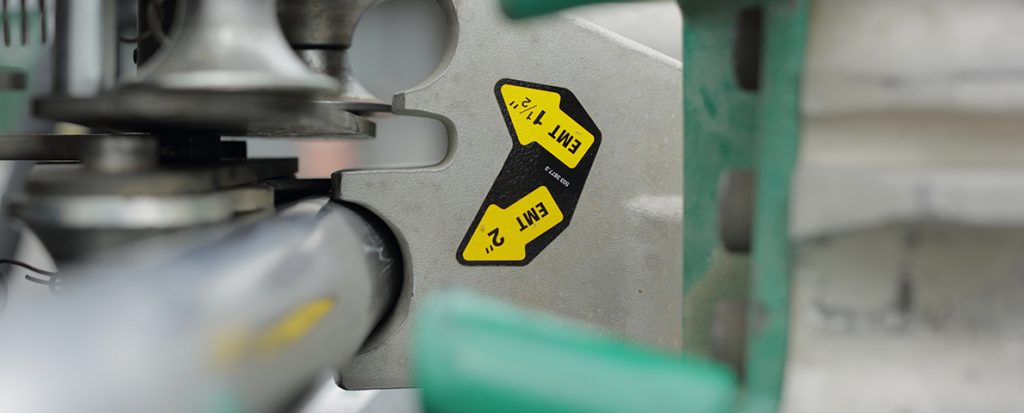Why would an electrician use aluminum conduit rather than steel? There are many reasons—more than we can fit into this article. The professionals with American Conduit would have a few to keep in mind.
Lightweight and Easy to Handle
 One of the most significant advantages of aluminum conduit is its lightweight nature. Aluminum is about one-third the weight of steel, making it much easier to handle, transport, and install. This reduced weight means less physical strain and a safer working environment for electricians. It also simplifies overhead installations and long conduit runs, reducing labor costs and installation time. The ease of handling aluminum conduit can be particularly beneficial in large-scale projects where efficiency and speed are crucial.
One of the most significant advantages of aluminum conduit is its lightweight nature. Aluminum is about one-third the weight of steel, making it much easier to handle, transport, and install. This reduced weight means less physical strain and a safer working environment for electricians. It also simplifies overhead installations and long conduit runs, reducing labor costs and installation time. The ease of handling aluminum conduit can be particularly beneficial in large-scale projects where efficiency and speed are crucial.
Superior Corrosion Resistance
Aluminum’s excellent corrosion resistance is another critical factor that makes it an attractive choice for electricians. Unlike steel, which can rust when exposed to moisture and oxygen, aluminum forms a protective oxide layer that prevents further oxidation and corrosion. This property makes aluminum conduit ideal for use in environments where moisture, chemicals, or salty air are present, such as coastal regions, industrial plants, and outdoor installations. By choosing aluminum, electricians can ensure the longevity and reliability of the electrical conduit system with minimal maintenance.
Cost-Effectiveness Over Time
While the initial cost of aluminum conduit may be higher than steel, the long-term cost savings can be substantial. Aluminum’s corrosion resistance means it does not require protective coatings or frequent maintenance to prevent rust, unlike steel conduit. This reduces the overall maintenance costs and extends the lifespan of the conduit, making aluminum a more cost-effective choice over the long term. In addition, the lightweight nature of aluminum can lead to lower transportation and labor costs, further enhancing its cost-effectiveness.
Ease of Installation
The malleability and ease of cutting and bending aluminum conduit contribute to its popularity among electricians. Aluminum is more flexible than steel, allowing easier manipulation and installation in tight or complex spaces. Electricians can use standard tools to cut and bend aluminum conduit, simplifying the installation process and reducing the need for specialized equipment. This ease of installation can be particularly advantageous in retrofitting projects or working in confined areas.
Environmental Benefits
Aluminum is a sustainable material that can be recycled indefinitely without losing its properties. Using aluminum conduit aligns with green building practices and sustainability goals. Aluminum’s environmental benefits include reduced energy consumption during manufacturing and the ability to recycle the material at the end of its life cycle. Electricians and contractors prioritizing sustainability may choose aluminum conduit to support environmentally responsible construction practices.
Specific Use Cases
Certain applications particularly benefit from the unique properties of aluminum conduit. For example:
- Coastal and marine environments: The corrosion resistance of aluminum makes it ideal for use in coastal areas and marine environments where exposure to saltwater and humidity can quickly degrade steel conduit.
- Industrial settings: Aluminum conduit is well-suited for industrial applications where exposure to chemicals and corrosive substances is common. Its corrosion resistance ensures a longer lifespan and reliable performance in harsh conditions.
- Outdoor installations: In outdoor applications, aluminum conduit provides durability and resistance to weathering, reducing the need for frequent replacements and maintenance.
Why would an electrician use aluminum conduit rather than steel? Why wouldn’t they? You can speak with American Conduit by calling 1-800-334-6825 or contacting us online.

